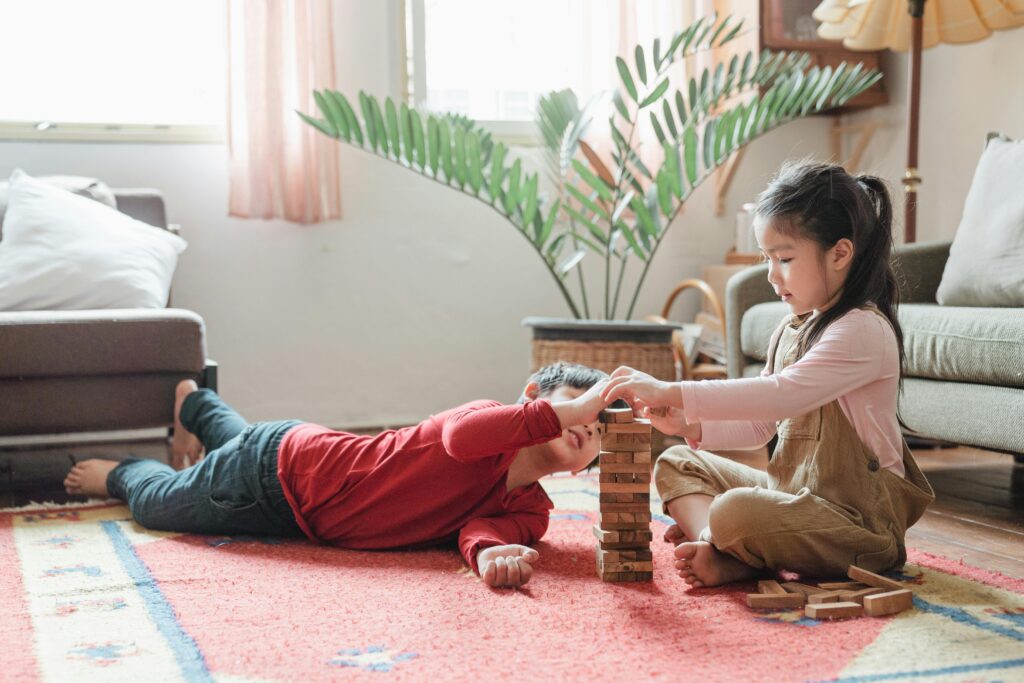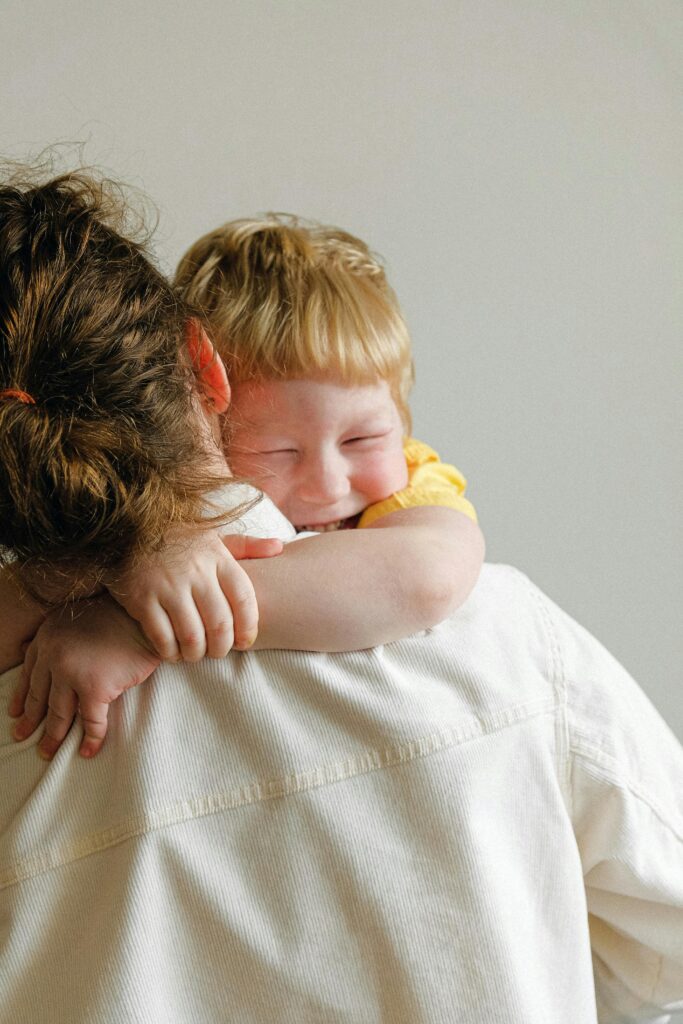Introduction:
Developmental delays can be a source of concern for many parents. Whether it’s related to speech, motor skills, or social interaction, identifying developmental delays early can significantly impact a child’s long-term growth and success. In this article, we’ll explore the common signs of developmental delay in children and discuss effective ways to support their development.

Table of Contents
What is Developmental Delay?
• Definition and Overview
Developmental delay is when a child doesn’t reach developmental milestones at the expected age. These milestones are usually divided into key areas: physical, social, emotional, communication, and cognitive development. Delays can occur in one or more of these areas, and early detection is crucial in providing the right interventions.
• Types of Developmental Delays
Developmental delays are categorized into different types, and each affects a different area of a child’s growth:
o Cognitive Delays: Difficulties in thinking, learning, or problem-solving.

o Motor Delays: Issues with muscle control, coordination, and strength, affecting both fine motor skills (small movements, such as holding a spoon) and gross motor skills (larger movements, like crawling or walking).

o Speech and Language Delays: Challenges in expressing thoughts, understanding words, or using proper speech sounds.
o Social and Emotional Delays: Difficulty in interacting with others, managing emotions, or developing relationships.

Key Signs of Developmental Delay
• Delayed Speech and Language Skills
Speech delays are often one of the first signs that parents notice. A child with delayed language skills may:
o Struggle to pronounce words correctly.
o Have a smaller vocabulary compared to peers.
o Face difficulties forming full sentences by the expected age. These children might have trouble communicating their needs or following directions, leading to frustration.

• Motor Skill Delays
Children develop motor skills as they grow, allowing them to perform everyday tasks. Motor delays may include:
o Trouble with balance and coordination (e.g., walking, running).
o Difficulty performing fine motor tasks like holding a pencil, buttoning a shirt, or using utensils. Children with motor delays may also appear clumsy or have difficulty participating in physical activities with peers.

• Social and Emotional Delays
Social and emotional development is essential for forming relationships and navigating social situations. Signs of delay in this area can include:
o Difficulty making friends or playing with others.
o Trouble understanding or expressing emotions.
o Avoiding eye contact or showing little interest in interacting with caregivers and peers. A child with social and emotional delays might struggle to adapt to new environments or engage in group activities.

• Cognitive Delays
Cognitive delays affect a child’s ability to think, solve problems, and process information. Some signs of cognitive delay are:
o Difficulty learning new concepts or following multi-step instructions.
o Problems with memory, concentration, or paying attention. Children with cognitive delays may also take longer to develop reading, writing, or math skills compared to their peers.
• Sensory Processing Issues
Sensory processing issues can be part of developmental delays, affecting how a child reacts to their environment. Signs may include:
o Overreaction to sensory input, such as loud noises or bright lights.
o Underreaction to stimuli like touch, sound, or movement. These children may seem overly sensitive or uninterested in things like clothing textures or the temperature of food.
Diagnosis and Treatment
• How Developmental Delays are Diagnosed
Early identification is key to addressing developmental delays. Pediatricians use screenings during regular checkups to monitor a child’s progress. If delays are suspected, they may refer the child to specialists for further evaluation, such as:
o Speech-language pathologists.
o Occupational therapists.
o Physical therapists.
o Developmental psychologists.
• Treatment and Interventions
The earlier a delay is detected, the sooner treatment can begin. Common interventions include:
o Speech Therapy: Helps children with language delays improve their ability to communicate.

o Occupational Therapy: Supports children in developing fine motor skills and sensory processing.
o Physical Therapy: Helps strengthen gross motor skills and improve coordination.
o Early Intervention Programs: In many countries, including the USA and India, early intervention services are provided to children with developmental delays before they enter school. These programs offer targeted therapies based on a child’s specific needs.
Supporting Your Child’s Development
• Creating a Supportive Environment
Parents can play an active role in supporting their child’s development by:
o Encouraging play that promotes motor and social skills.
o Engaging in activities that stimulate language, such as reading or singing.
o Providing a consistent daily routine to create a sense of security.

• Working with Professionals
Collaborating with healthcare providers and educators is vital for a child’s progress. Parents should:
o Attend all recommended therapy sessions.
o Stay in close communication with therapists and teachers to track progress.
o Join support groups to connect with other families going through similar experiences.
Conclusion:
Early recognition of developmental delays is essential for children to receive the support they need. With timely intervention and a supportive environment, most children can overcome these challenges and thrive. If you’re concerned about your child’s development, consult with a healthcare provider to explore available resources. For more tips and guidance, visit Health Authentica. If you need more information or help with your health journey, feel free to contact us at Health Authentica.










